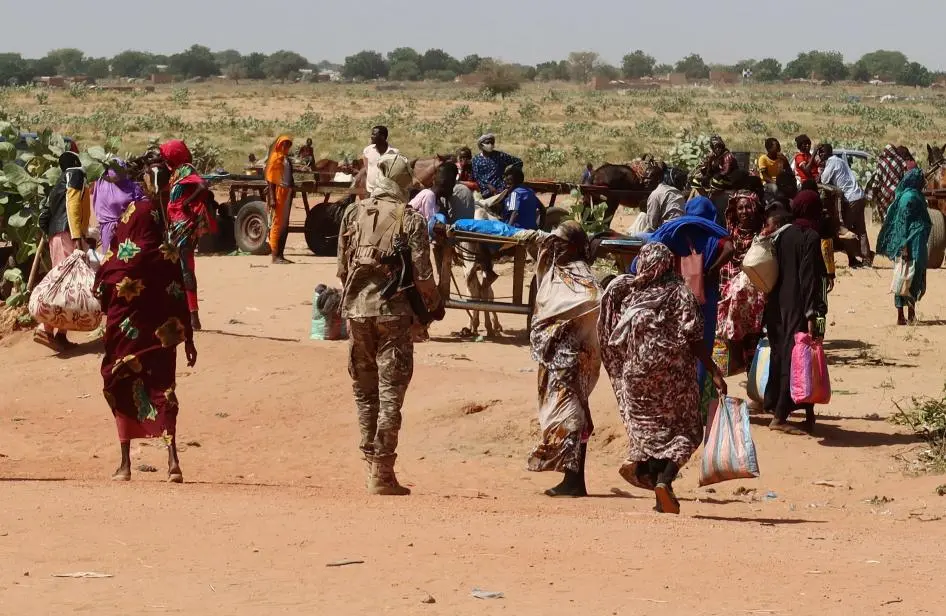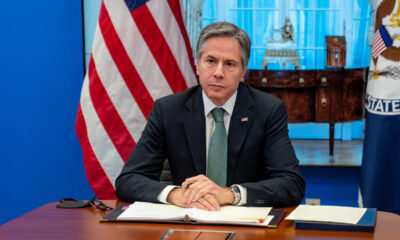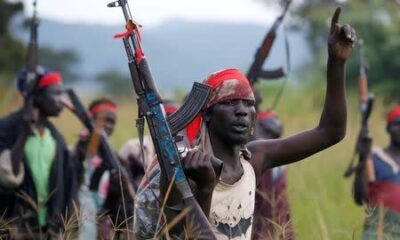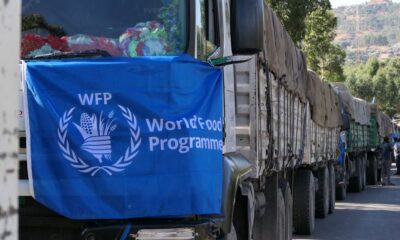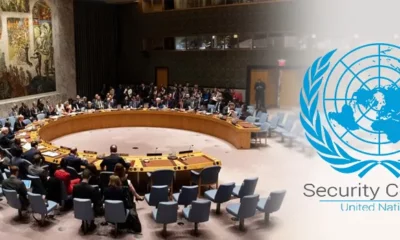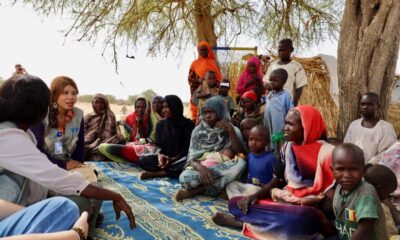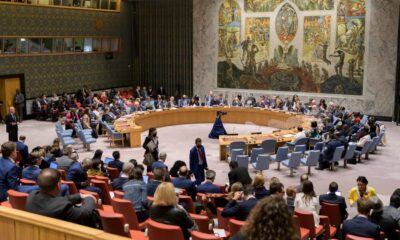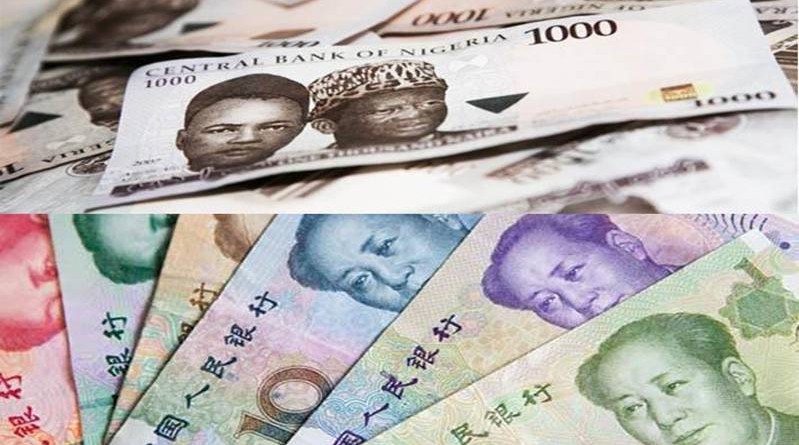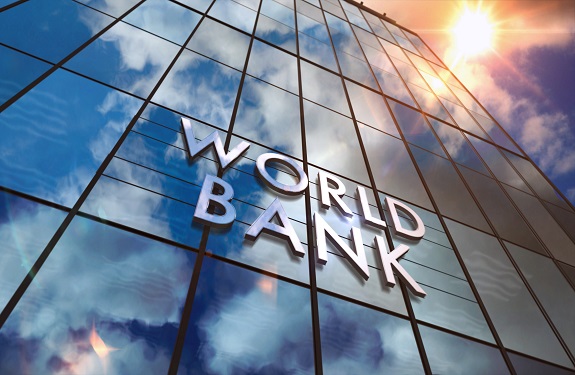A committee of food security experts has stated that the fighting in Sudan and limitations on relief delivery have resulted in famine in at least one location in North Darfur and have probably generated famine conditions in other sections of the conflict region.
This discovery, which is connected to the widely accepted Integrated Food Security Phase categorization (IPC) system, is only the third famine categorization since the system’s establishment two decades prior. It demonstrates how the world’s largest internal displacement crisis has been brought about by over 15 months of fighting between the army and the paramilitary Rapid Support Forces (RSF), leaving 25 million people, or half of the country’s population, in dire need of humanitarian aid. Starvation and disease are wreaking havoc in Sudan.
A famine designation, according to experts and United Nations officials, might result in a resolution by the Security Council allowing organizations to provide aid to those in need across international borders.
The Zamzam camp for internally displaced people (IDPs) in North Darfur was reportedly suffering famine, which is defined as the achievement of acute malnutrition and mortality requirements, according to the Famine Review Committee’s (FRC) assessment, opens new tab. It is anticipated that the IDPs will stay there at least through October.
In Zamzam, there are 500,000 residents. The city is located near al-Fashir, the final significant RSF stronghold in Darfur, which is home to 1.8 million people. The location has been under siege by the RSF for months, and no supplies have arrived at the big camp.
According to the FRC, conflict and extremely restricted humanitarian access are the main causes of starvation in the Zamzam camp.
It was stated that there was a chance that comparable circumstances were present in other parts of Darfur, such as the camps for internally displaced people at Abu Shouk and Al Salam.
An IPC process headed by the Sudanese government concluded in late June that famine was a possibility in 14 regions of the nation, including sections of El Gezira, Kordofan, and Khartoum states.
The charity Islamic Relief said in a statement on Thursday that it was seeing an increase in the number of children in Darfur and other parts of Sudan who needed medical attention in clinics. “It is not too late for them, but time is running out,” it continued.
According to reports by Reuters, some Sudanese people have been made to eat only leaves and dirt, and satellite images indicate that as disease and starvation spread, graves are rapidly growing.
In Darfur, 14 burial places have grown significantly in recent months, according to a Reuters examination of satellite photos. Between March 28 and May 3, one cemetery in Zamzam had a 50% growth rate more than it did in the three and a half months prior. The analysis was utilized by the FRC as oblique proof of rising mortality.

